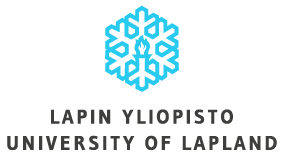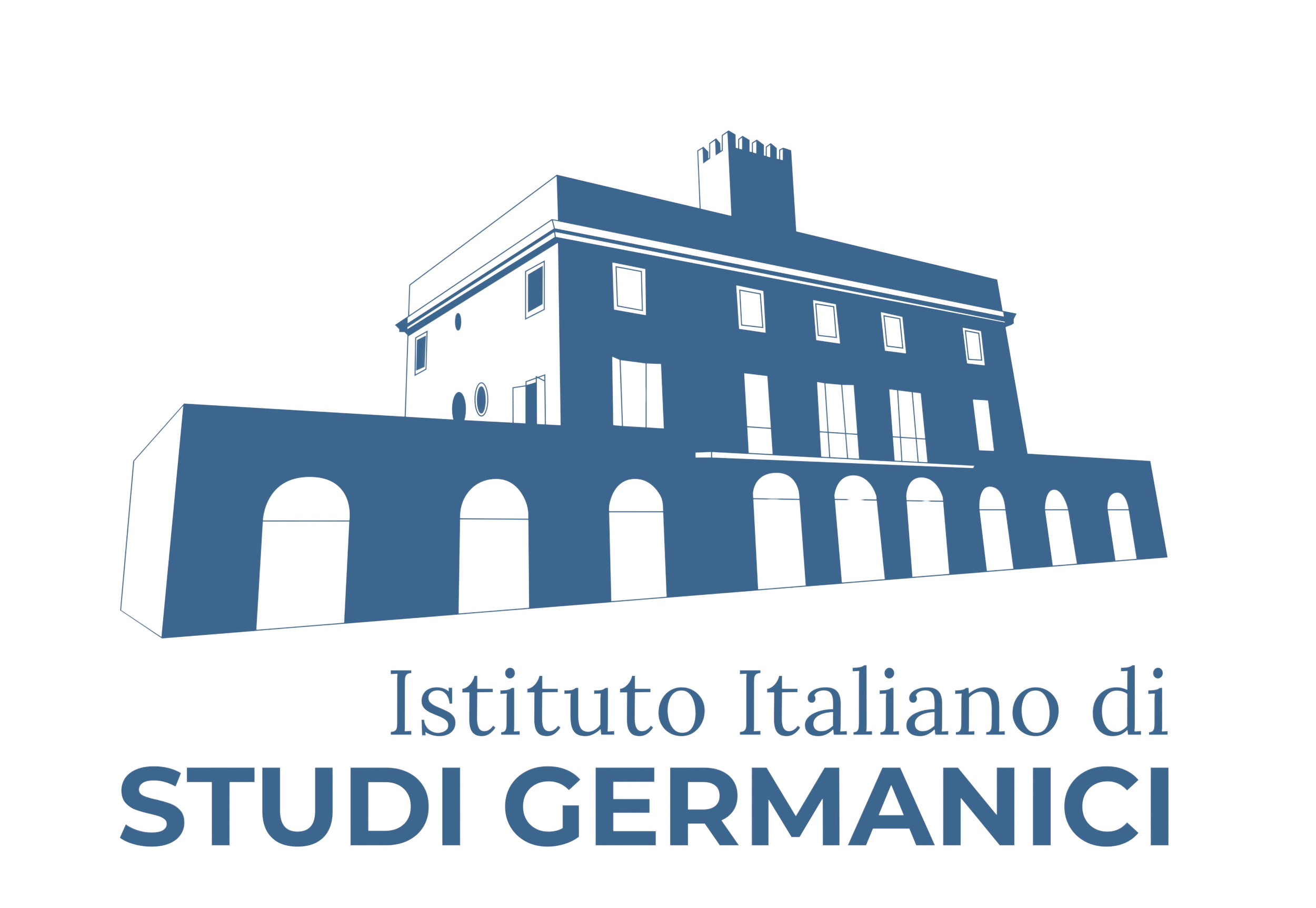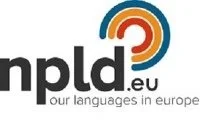Digitisation of cultural heritage of minority communities for equity and renewed engagement DIGICHer
‘Digitisation of cultural heritage of minority communities for equity and renewed engagement’ (DIGICHer) aims to re-visit and provide new understandings of the key legal and policy, socio-economic and technological factors that drive the digitisation of minorities’ cultural heritage (CH) in order to develop a novel validated scalable framework, designed via user-centric approaches, to promote equitable, diverse and inclusive practices. Building on such a framework, the project provides research and knowledge-based recommendations for policy and decision-makers and CH institutions for mainstreaming equity, diversity and inclusiveness of minority groups through participation and engagement in CH digitisation processes. It also delivers methodologies for decision support to enable decision-makers to monitor the field of digital heritage with specific regard to its diversity long-term.
Our ambition will be elaborated through pilots from three representative minority groups in Europe, namely the Sámi, the Jewish people and the Ladin people. In addition, we will engage in co-creation activities also with representatives of other minorities in the EU. Through this conceptually novel validated user-centric framework and related evidence-based recommendations, DIGICHer seeks to support the European CH sector to become more digitally adept, capable to reap the benefits and capitalise fully on the opportunities of digital CH by fostering practices for production, management, sharing, and (re-)use of digital CH of minorities in a manner that is value and context respectful, and ethically-empowered. Long-term, this will enable the preservation, maintenance and renewal of digital CH in a way that appropriately reflects its intended content and promotes digital practices in accordance with European values, decreasing the risk of content misuse, increasing re-use opportunities, and promoting equity, diversity and inclusion in European digital CH, contributing to a more responsive and democratic cultural sector, whose digital activities reflect the plurality of European worldviews.
Ambition of DIGICHer
Outcome #1: Increased critical understanding of the potential, opportunities, barriers and risks of digitising cultural heritage.
RQ1: What are the major gaps, path-dependencies and obstacles, and what the opportunities, for the current law and policy, socio-economic, and technological structures in the EU to endorse the values, ethics and views of minority groups in the digitisation and usage of their own CH?
Outcome #2: Validated framework(s) that support the cultural heritage sector to make best use of their digital assets, in order to reap the full benefits of the digital transition and avoid the pitfalls.
RQ2: How can we use user-centric methods to co-create an inclusive and durable framework for holistic and circular audience engagement and participation in the context of digital CH of minorities?
Outcome #3: Research and knowledge-based recommendations and/or method(s) on how the European cultural heritage sector can better manage digitisation of their collections, including setting priorities, ensuring the correct context is reflected on the digital objects created, and guaranteeing their long-term durability.
RQ3: What are the policies and procedures that best promote joint actions and participation of all stakeholders (including minorities, CH institutions, as well as end users) in the digitisation and usage of CH, which promote the appropriate representation of minorities’ digital CH in terms of medium, content, and context?
Outcome #4: Significant contributions to help European cultural heritage institutions become more digitally adept, capable of capitalising fully on the opportunities of digital cultural heritage
RQ4: What are the governance structures, decision-making process and organizational practices that the CH sector can adopt for the production, management, and distribution of digitised CH in order to capitalise fully the opportunities of digital CH while enhancing equity, diversity and inclusion?
Methodological approach of DIGICHER
DIGICHer's methodological approach is based on user-centricity and design thinking. We strongly believe in the value of everyone’s contributions, ideas, and experiences. the citizen science approach opens scientific insights to the whole society, ensures the circle communication loop instead of one-way hierarchical communication and strengthens the feeling of belonging to the community.
Meet the Consortium
Sister projects of DIGICHER
IMPULSE — IMmersive digitisation: uPcycling cULtural heritage towards new reviving StratEgies — an EU-funded project launched on February 2024, that enters the digitisation processes of cultural heritage. Here, it will radiate waves of transformation of how we engage and interact with our cultural heritage, breathing life into timeless stories waiting to be told anew.
As such, IMPULSE will connect researchers, artists, cultural heritage practitioners, CCSIs, local institutions, and other relevant stakeholders to work and explore together immersive narratives, reaching out to diverse audiences across Europe and beyond.
REEVALUATE is a HORIZON EUROPE project that aims to provide a holistic solution to the challenges of Cultural Heritage (CH) digitisation management, that enables collaboration, boosts creative reuse and promotes democratic and inclusive prioritisation and contextualisation. After assessing the current pitfalls and opportunities of CH digitisation, the project will develop a modular framework that facilitates each stage of a digitised artefact’s life cycle (prioritisation, contextualisation, storage, collaboration and reuse) through a set of technological enablers, free versions of which will be made available by the consortium for integration to the ECCCH.























